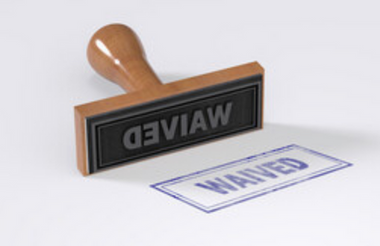The Charity Commission has granted one waiver to a person with a criminal conviction wishing to hold a senior role at a charity in the past year, according to data acquired by Civil Society News.
Unlock, a charity which helps those with criminal records, said the “disappointing” figures showed that the system was overly complicated and in need of review.
Under the Commission’s rules, people with unspent convictions for specific offences must apply for a waiver from the regulator, or face disqualification from being a trustee or holding certain senior roles within a charity.
A freedom of information request shows that in the year period until 30 June 2022, the Commission received just two applications for a waiver, granting one and declining the other.
In the previous 12-month period, the Commission received five applications for a waiver, granting two and declining two, while the other applicant withdrew.
‘The application process is unwieldy and complicated’
Angela Cairns, chief executive of Unlock, said the figures showed that the current “unwieldy” waiver system puts people with criminal convictions off from applying in the first place.
“These disappointing figures highlight the barriers that people with lived experience of the criminal justice system face when trying to make a valuable contribution to society,” she said.
“In many ways it’s not surprising that there are so few applications; the application process is unwieldy, complicated and the decision-making process is not transparent.”
Cairns added: “It’s a system set up under the guise of protecting charities and the public, but one that fails to take into account the value of lived experience.
“The waiver process makes people who have already been held to account for their past feel judged and labelled yet again. And as a result, it puts people off from applying or taking up senior roles in charities – both as employees and trustees.”
She said Unlock would like to see a full review of the waiver process, and for the Commission to publish its findings.
A spokesperson from the regulator said: “A disqualified person can apply to the Charity Commission for a waiver, and we will always assess all of the information to make a balanced decision on a case-by-case basis.
“We recognise that there are circumstances in which waiving a disqualification is in the best interests of the charity. It is right that some waivers are declined, but the fact that half of waivers in 2021-22 were agreed demonstrates our ongoing effort to ensure these are granted fairly.”
Related Articles












